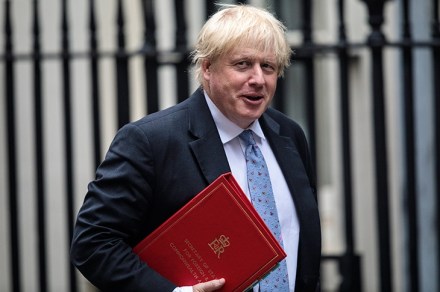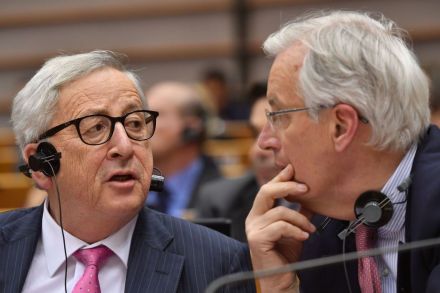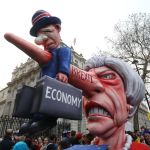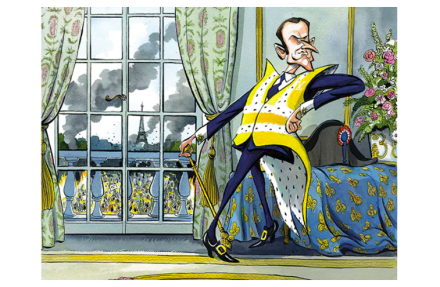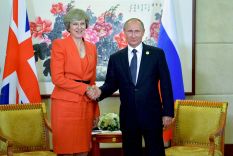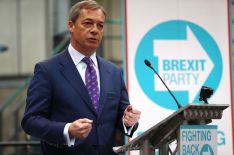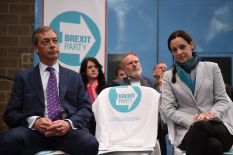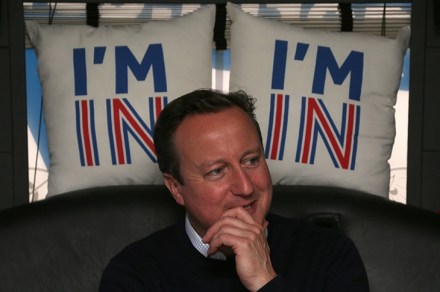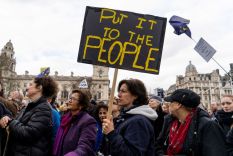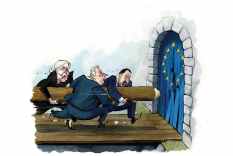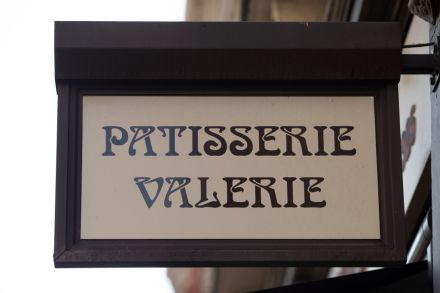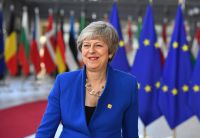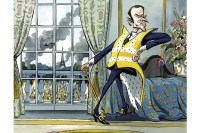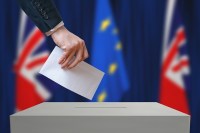The Brexit backlash
One of the oddities of this parliament has been that, despite everything, the government has remained ahead in the polls up to now. But the political price of failing to pass a deal and leave the EU is now becoming apparent. Labour is ahead, Nigel Farage is back, and the right is split again. In the past month, Tory support among Leave voters has fallen by 20 per cent. In normal circumstances, such numbers would extinguish any hopes of a fourth term for the Tories. But Labour’s own divisions over Brexit and Jeremy Corbyn’s political weaknesses mean that this isn’t necessarily the case. A big argument is taking place within
